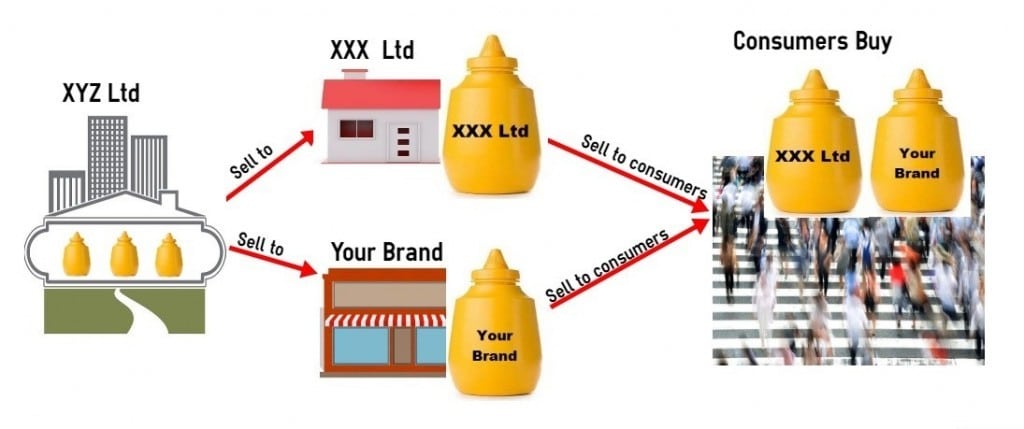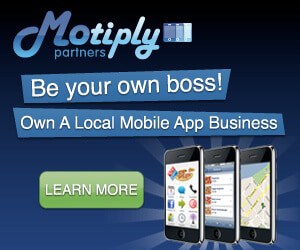
Private label or white label: What does it really mean?
- White label guide
- May 25
- Share post

To keep it simple, these two terms private label and white label are most often used interchangeably and the two literally mean the same thing as far as product re-branding is concerned. Private or white label simply refers to a fully supported product or service that’s made by one company but sold by another to the customer under its own brand name. It allows a company to remove any branding already in place and replace it with own brand. In some cases, the private/white label provider handles every aspect of the production including label design to meet the seller specification. While on the other hands, the seller will have to jointly work together with the manufacturer including product labelling, logo design etc.
The term private label is most commonly used in reference to tangible products that are specifically produced to a seller/retailer, whereas white label is commonly used for services which can be rebranded or customized to meet many sellers requirements. Whichever way you look at it, the product or service that is being sold is made to be re-brandable so that the seller can sell it as own brand to consumers.
All over the worlds, large and small retailers use white label products and services to expand their product lines and increase revenue. Tesco, Morrison, Asda and others have their private label products which can be easily spotted on store shelves with their own brand attached, commonly known as the store brand.
Not every private label good is made to the same standards as their branded counterparts. A few are counterfeits of higher quality brands. The same thing applies to white label services, a VOIP dialer App comes with a lot of features and functionalities. Reseller ”Brand A” may have all the inbuilt features and functionalities while reseller ”Brand B” App features and functionalities may be limited. The level of customisation highly depends on manufacturer expertise, technology and the cost involved.
How does it work?
The diagram below is used as a simple illustration of how private or white label work. Remember, tangible products apply to private label and when the product is intangible, then you are talking about white label.

In some cases: Some manufactures produced and sell to the final consumers and at the same time white labelling to retailers. This is mostly common when a company make and sell a product to the UK market for an example, but offers private/white label to companies in China and Brazil.
Private label vs white label, any difference?
The two terms are synonymous used because the difference is relatively slight. What differentiates the two is simply a question of whether the product is tangible or intangible. So, the term “private label” applies to physical or tangible products such as health food supplements. While ‘’white label’’ applies to intangible products such as insurance. So, using the illustration in the diagram above, all you need to do is to simply replace the tangibility good with intangibility service such as SaaS, insurance, applications among others to arrive at the same meaning.
Few takeaways…
The main benefits of private or white labelling to the marketer is that it helps to concentrate on promoting the products, save costs and grow the brand. On the other hands, the manufacturer can concentrate on making the product, focus on saving costs, RD and improve quality.
The retailer sells to consumers, owns the brand and enjoy all the benefits associated with brand equity.
The retailer has a backward integration advantage if the brand becomes so successful and decided to take full control of the production process.
Due to the production capacity and volume they produce for various retailers, the companies that produce private or white label goods/services sometimes grow larger than the retailers that buy from them.
By Philip Harry | 25/05/2018
Categories
- Advertising and Marketing
- Business
- Business Products & Services
- Buyers' guide
- Employment
- Finance
- Franchising
- Health & Fitness
- Health Care & Medical
- International
- Internet Services
- Investment
- Professional
- Real Estate
- Sellers' guide
- Software
- Technology
- Tips and Advice
- Top Pick
- Web Resources
- White label guide
Looking for business opportunity to start your own business? Check these out!
Recommended reading

